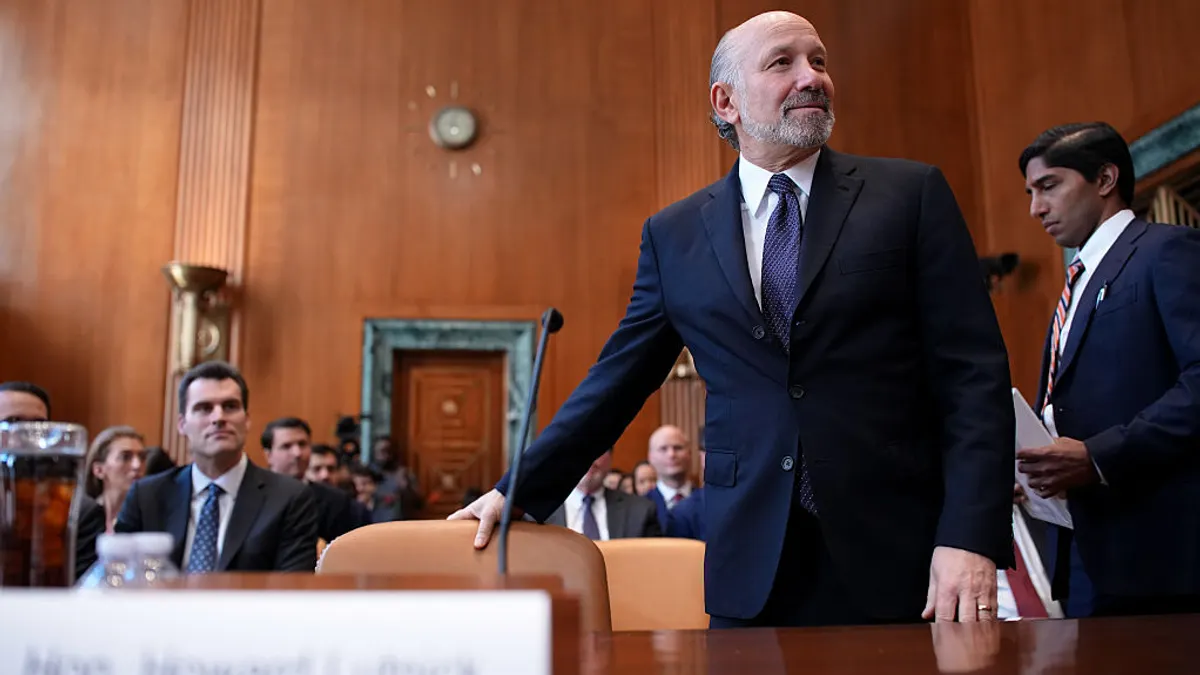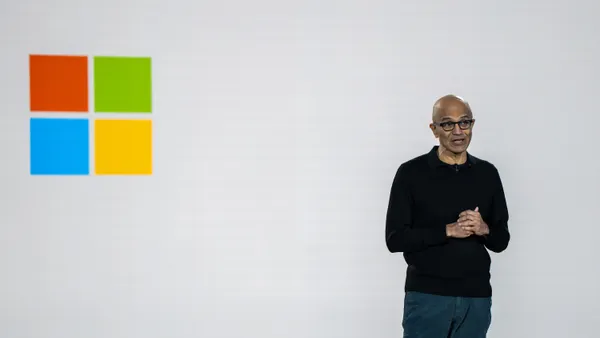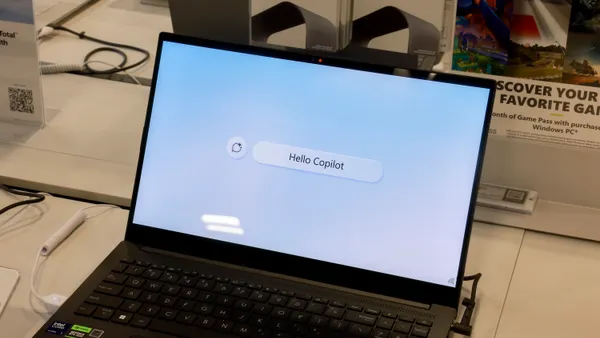Dive Brief:
- Secretary of Commerce Howard Lutnick laid out plans to rebrand the U.S. AI Safety Institute Tuesday as directed by the Trump administration. The reformed agency will now be known as the Center for AI Standards and Innovation and will aim to serve as the "primary point of contact" for related testing and research.
- “This change will ensure Commerce uses its vast scientific and industrial expertise to evaluate and understand the capabilities of these rapidly developing systems and identify vulnerabilities and threats within systems developed in the U.S. and abroad,” Lutnick said in a statement. “For far too long, censorship and regulations have been used under the guise of national security. Innovators will no longer be limited by these standards.”
- The agency will continue to work with the National Institute of Standards and Technology to develop guidelines, best practices and voluntary standards. Lutnick highlighted several other objectives, such as establishing agreements with private sector AI developers and coordinating with other federal agencies to develop and conduct evaluations. The Office of Public Affairs did not immediately respond to questions about the differences between the old and newly reformed agency.
Dive Insight:
The Trump administration is staying the course it laid out earlier this year to remove barriers to AI development. The administration kicked off a flurry of AI-related changes by revoking several Biden-era executive orders in January and appointing a White House AI czar in December.
Since then, the Trump administration has pushed for an expansion of national AI capabilities. President Donald Trump shared his support for Stargate, a privately funded four-year effort to boost national AI infrastructure, in January next to tech leaders from Oracle, OpenAI and SoftBank in the Roosevelt Room of the White House.
Vice President JD Vance urged world leaders to take a more “deregulatory” approach to the technology in February during the AI Action Summit in Paris. At the event, the U.S. did not join more than 60 other countries in signing a statement that affirmed a number of shared AI priorities.
In April, the White House issued an executive order creating a task force to boost the nation’s AI workforce and training. The administration also posted more than 10,000 public comments submitted in response to a request for information meant to inform Trump’s AI Action plan, which is scheduled to arrive in July.
The Trump administration has targeted the proliferation of state-level AI rules and proposed a 10-year moratorium on state and local AI laws as part of its massive tax and spending bill, which awaits a Senate vote likely to occur this summer.
While the potential freeze is causing quite a stir among experts, the rebranding news hasn’t created the same level of noise. IT trade groups have so far responded favorably to the announced reformation of the agency.
Business Software Alliance SVP of Global Policy Aaron Cooper said the global trade association was among the groups that worked with NIST to develop early Al best practices. “We look forward to sharing those insights with CAISI and to learning more about the details of CAISI’s work,” Cooper said in a statement.
The Information Technology Industry Council said the continued emphasis on voluntary testing and evaluation will promote U.S. innovation and protect national security interests. “We encourage the Trump Administration to partner with the U.S. Congress to ensure that the CAISI and NIST have the necessary resources to help America win the global AI race,” VP of Policy Courtney Lang said in a statement.
Proposed cuts to NIST’s budget and key staff departures have raised concerns about the agency’s capacity, Cybersecurity Dive reported last month.
Enterprises will be looking to the Center for AI Standards and Innovation and NIST for guidance as adoption efforts progress. NIST has already played a large role in fortifying enterprise standards for cybersecurity and generative AI.















